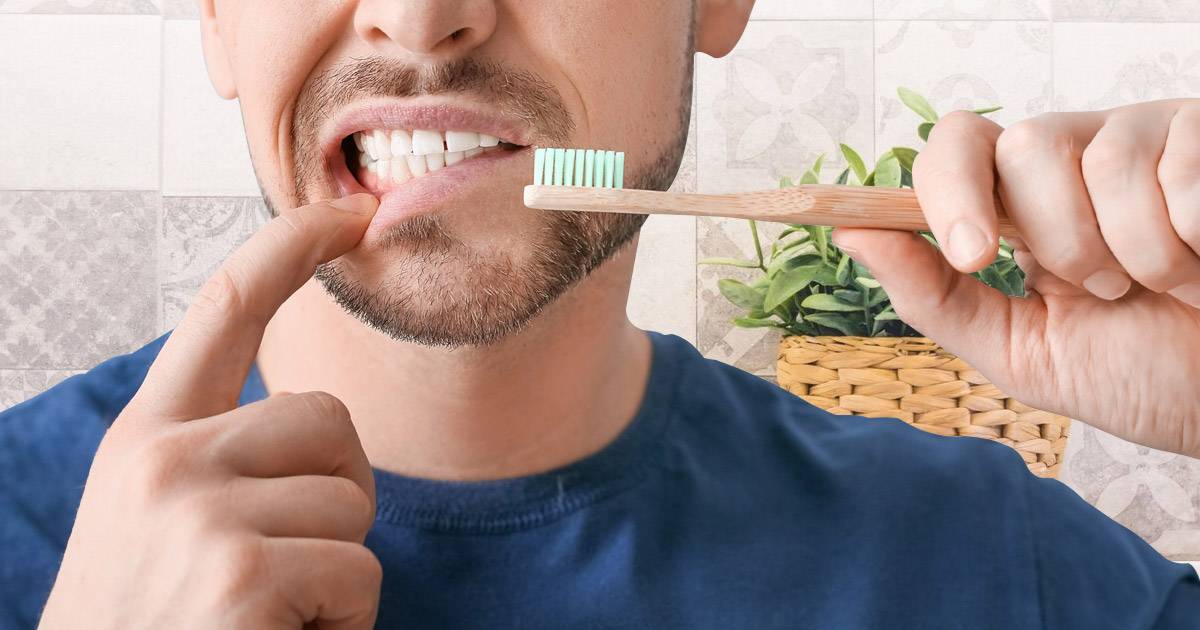Wisdom Tooth Removal Aftercare: A Guide on What To Do After Extraction

After getting your wisdom teeth taken out, it’s important to let your mouth heal properly. For the first day after surgery, don’t brush your teeth at all. This time is super important because it lets a blood clot form where your tooth was taken out. This clot helps your mouth heal faster. If you brush too soon, you might knock this clot loose, which can cause problems like dry sockets.
After that first day, you can start brushing your teeth again, but you need to be gentle. Use a soft toothbrush and move it in small circles. Be careful around the spot where your tooth was removed because it might still be sore.
As the days go by, you can slowly get back to your normal teeth-cleaning routine. After three days, you can start flossing too. Just remember to keep brushing gently, especially around the area where your tooth was removed. Keeping your mouth clean is important for healing and stopping infections.
The do’s and don’ts of dental aftercare following extraction
Here are things that you should and shouldn’t do after getting your wisdom tooth removed.
DO
- Use a soft-bristled toothbrush and gentle circular motions
- Rinse your mouth with warm salt water or antiseptic solution after brushing.
- Keep up good oral hygiene to avoid infection
- Follow any extra instructions from your dentist or surgeon
DON’T
- Brush too hard, especially around where your tooth was removed
- Spit out toothpaste, as it could mess up the healing
- Use mouthwash in the first 24 hours, as it might make things worse
- Ignore any signs of problems: If you have a lot of pain, swelling, or bleeding that doesn’t get better, or if it gets worse, call your dentist or surgeon right away.
Why is it important to do proper aftercare?
Why is aftercare important? It helps you heal faster and prevents issues like infections or dry sockets. In the first few days after surgery, a blood clot forms when your tooth is taken out. It protects your mouth while it heals. If you disturb this clot by brushing too hard or rinsing too much, you could get a dry socket, which hurts a lot.
Keeping your mouth clean during recovery also prevents future dental problems like gum disease or cavities. Follow the aftercare rules to lower the risk of these issues and keep your smile healthy.
So, follow your dentist’s instructions closely after getting your wisdom teeth out. It’ll help you heal faster, avoid problems, and keep your smile healthy.
What can I do to speed up healing?
Here are some easy ways to help your mouth heal faster after getting your wisdom teeth removed:
- Manage pain and swelling: You might feel some pain and swelling after the surgery. Take pain medicine if your dentist gives it to you, and use ice packs on your cheeks for the first couple of days to make the swelling go down.
- Eat soft and healthy foods: Stick to foods that are easy to chew and won’t bother your healing mouth. Try yogurt, mashed potatoes, soup, and smoothies instead of hard or spicy foods.
- Drink lots of water: It’s important to drink plenty of water to stay hydrated while you’re healing. Try to drink at least eight glasses a day, and avoid drinks like alcohol or coffee that can make you more dehydrated.
- Rest up: Give your body time to heal by taking it easy for a few days after the surgery. Avoid doing anything too strenuous or lifting heavy things, and prop your head up with pillows to reduce swelling and make yourself more comfortable.
- Skip smoking and drinking: Smoking and drinking alcohol can slow down the healing process and cause problems like infections. Try to avoid smoking for at least seven days after surgery, and hold off on drinking alcohol until you’re all healed up.
Following these tips will help you heal up faster and have a smoother recovery after getting your wisdom teeth removed. If you’re not sure what to do or have any questions, don’t be afraid to ask your dentist or oral surgeon for help.
What instances would require me to seek medical attention?
If you’ve had your wisdom teeth taken out, it’s usually a smooth process, but sometimes things can go wrong. It’s important to know when to get help if something doesn’t seem right.
Here are some signs that you might need to see your dentist again:
- If you have really bad pain that doesn’t get better with pain medicine you can buy at the store, you should call your dentist or oral surgeon.
- Swelling is normal after getting your wisdom teeth out, but if it’s getting worse quickly and makes it hard for you to open your mouth or swallow, or if you have a fever or trouble breathing, you should call your dentist.
- Bleeding is normal at first, but if it doesn’t stop after the first day or gets worse, you should call your dentist.
- Other signs that something might be wrong include a fever, trouble breathing or swallowing, or pus coming out of where your tooth was taken out. If you have any of these symptoms, it’s important to call your dentist right away.
Remember, it’s better to get help early if you’re worried about something. Your dentist can help you figure out what’s going on and make sure you’re okay.
Know what to do after wisdom tooth extraction
After getting your wisdom teeth out, taking good care of your mouth is important. Wait a day before brushing your teeth, and be gentle when you do. Following these steps can help you heal faster and avoid problems. If you’re unsure about anything or feeling worried, talk to your dentist or oral surgeon. They’re there to help you through your recovery.
